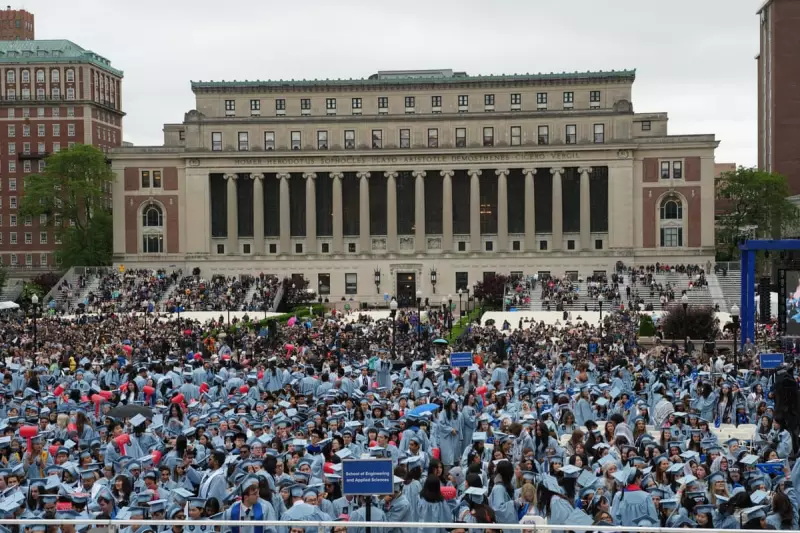
Renowned historian and Columbia University professor Rashid Khalidi has published a powerful open letter addressing the growing tensions between academic freedom and political influence in higher education institutions.
In his letter, Khalidi highlights the increasing pressures faced by academics to conform to certain political narratives, particularly regarding Middle Eastern studies. He argues that such pressures undermine the fundamental principles of scholarly inquiry and intellectual diversity.
The Core Arguments
Khalidi's letter makes several key points:
- The erosion of academic freedom in Western universities
- Political interference in scholarly research and teaching
- The need to protect diverse viewpoints in academia
- Challenges facing Middle Eastern studies programs
Academic Freedom Under Threat
The historian warns that external political pressures are creating a climate of self-censorship among faculty members. He describes how scholars often avoid controversial topics for fear of professional repercussions or public backlash.
Impact on Middle Eastern Studies
Khalidi particularly emphasizes the challenges facing Middle Eastern studies programs, which he says are frequently targeted by political groups with specific agendas. He calls for greater protection of these academic disciplines from partisan interference.
Global Reactions
The letter has sparked widespread discussion in academic circles worldwide, with many scholars expressing support for Khalidi's position. However, some critics argue that his views represent a particular political perspective rather than a neutral academic stance.
As the debate continues, Khalidi's letter serves as an important reminder of the delicate balance between academic inquiry and political realities in contemporary higher education.





